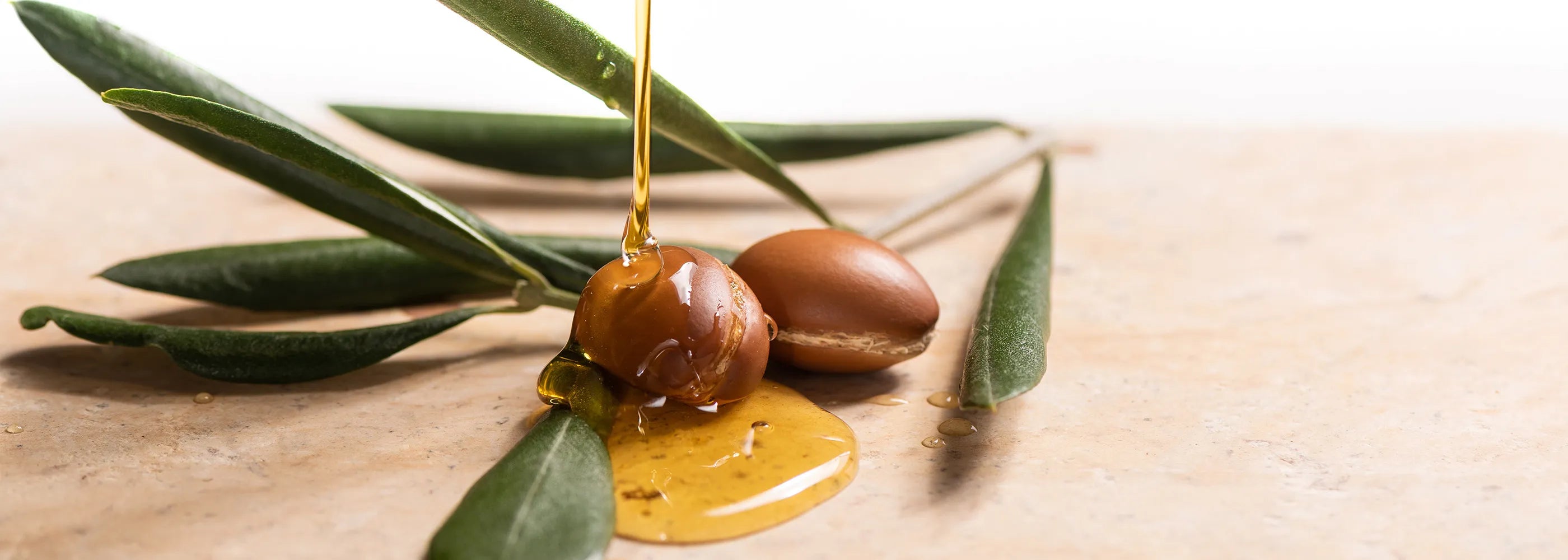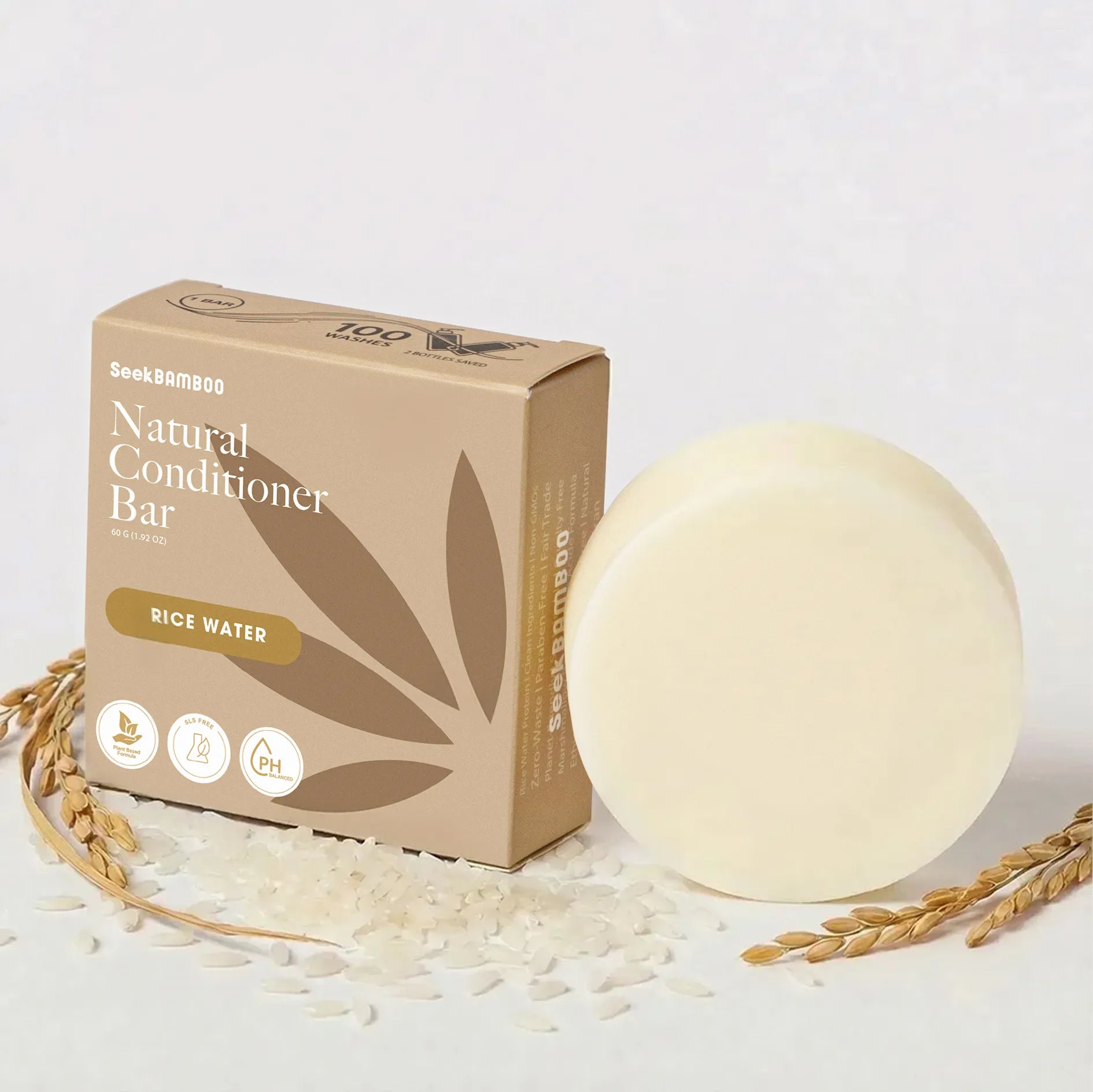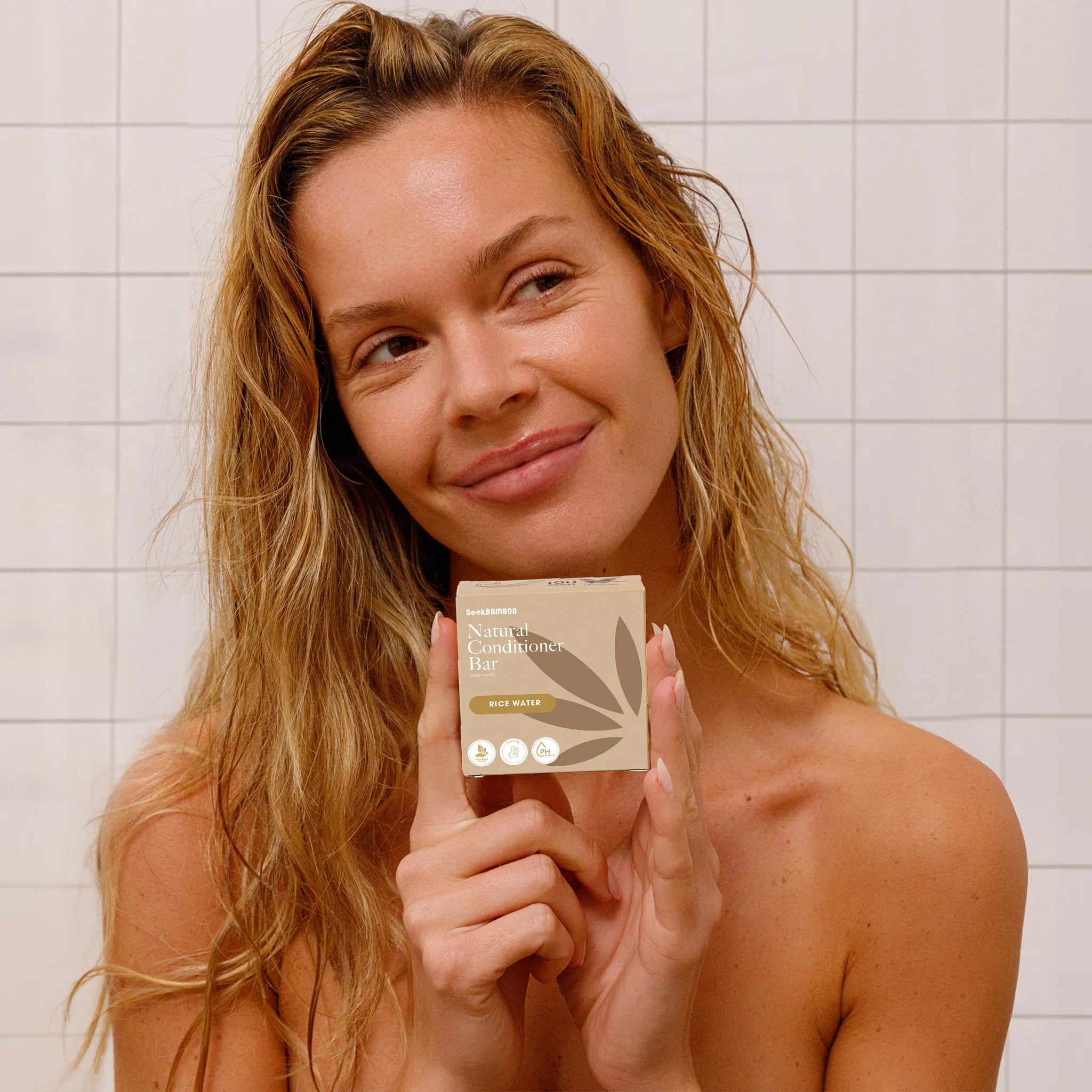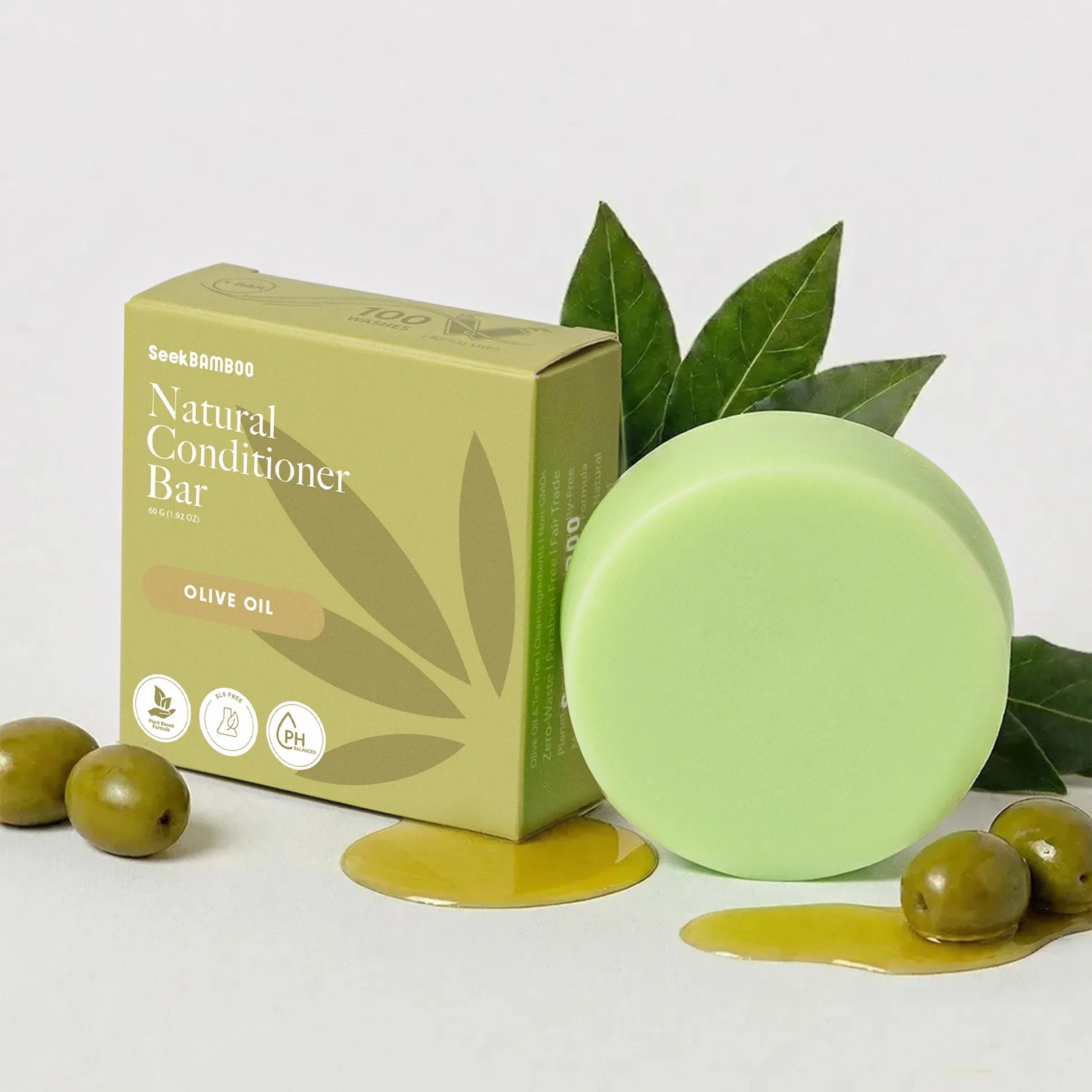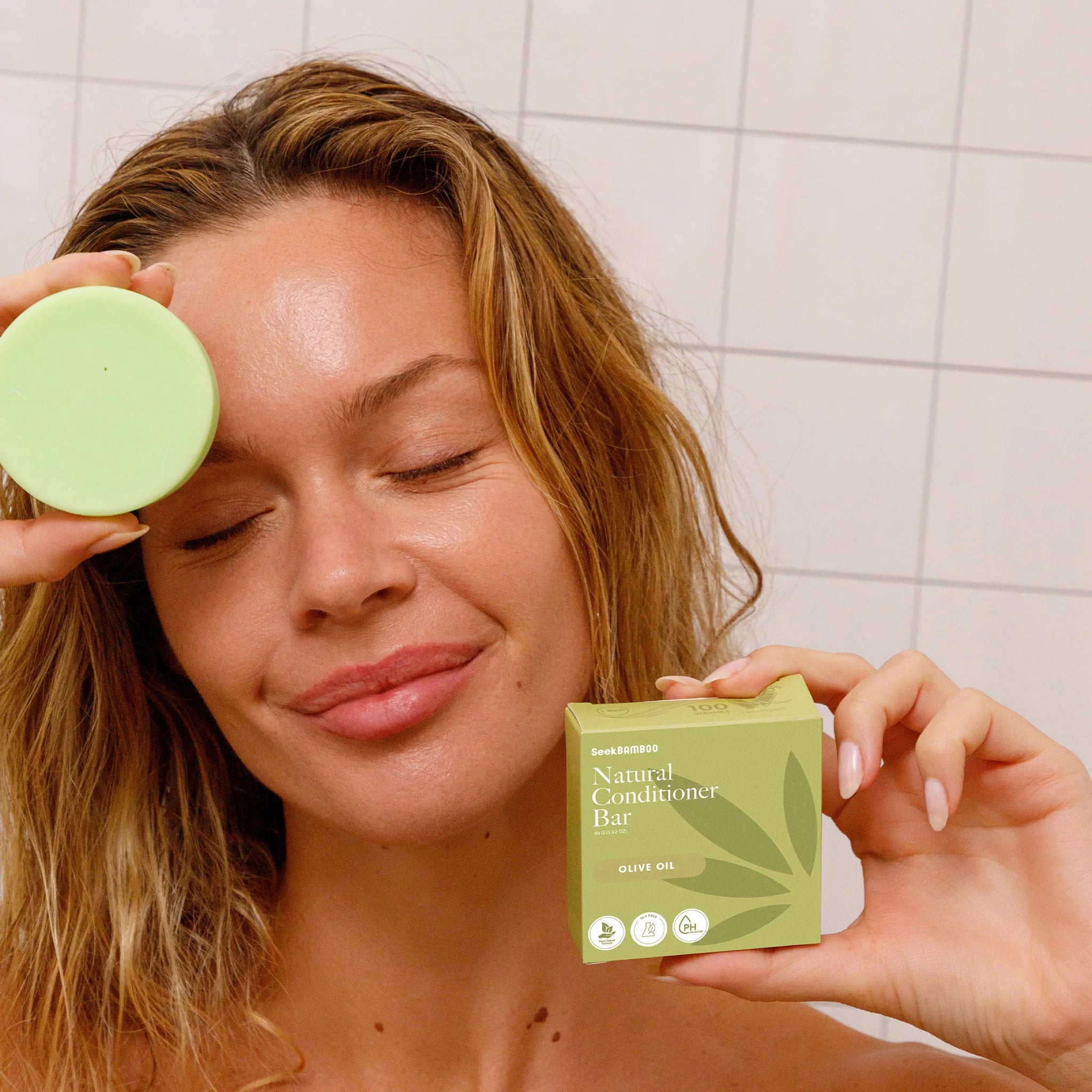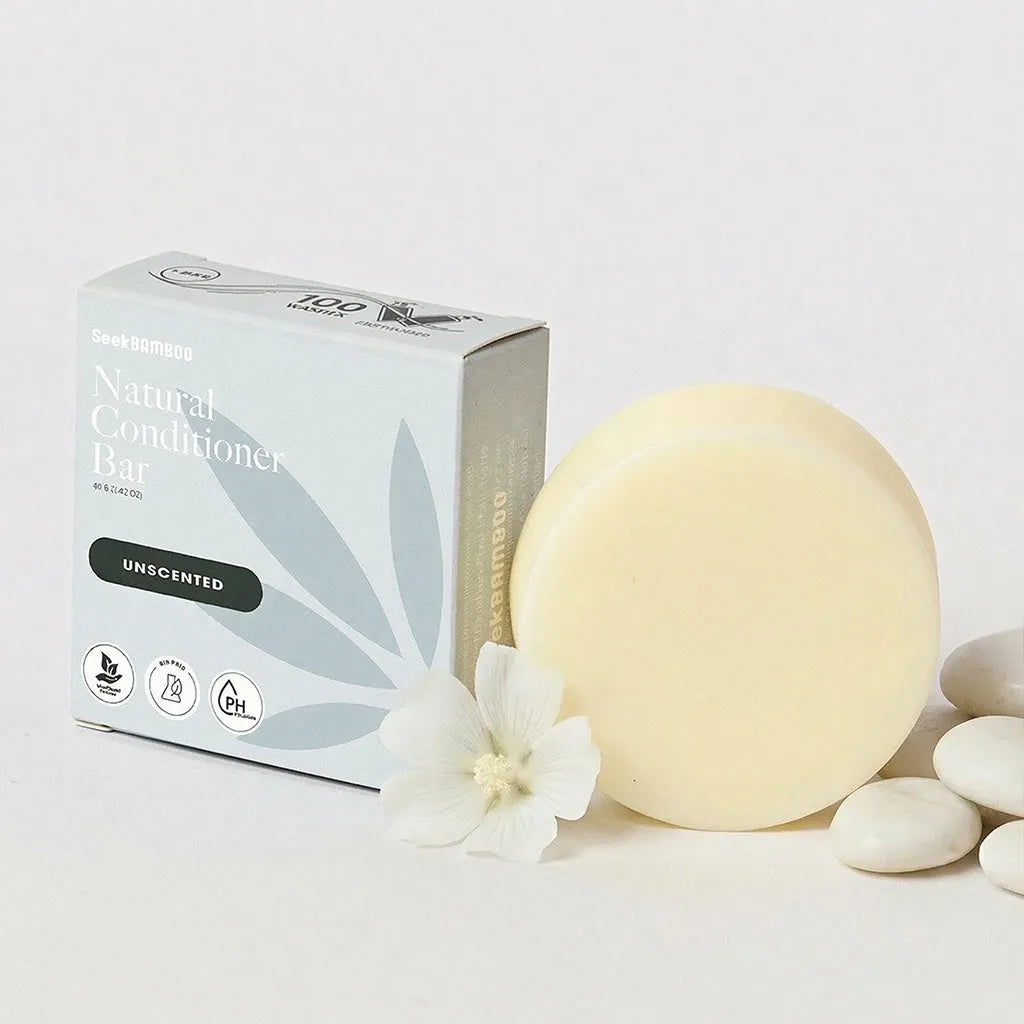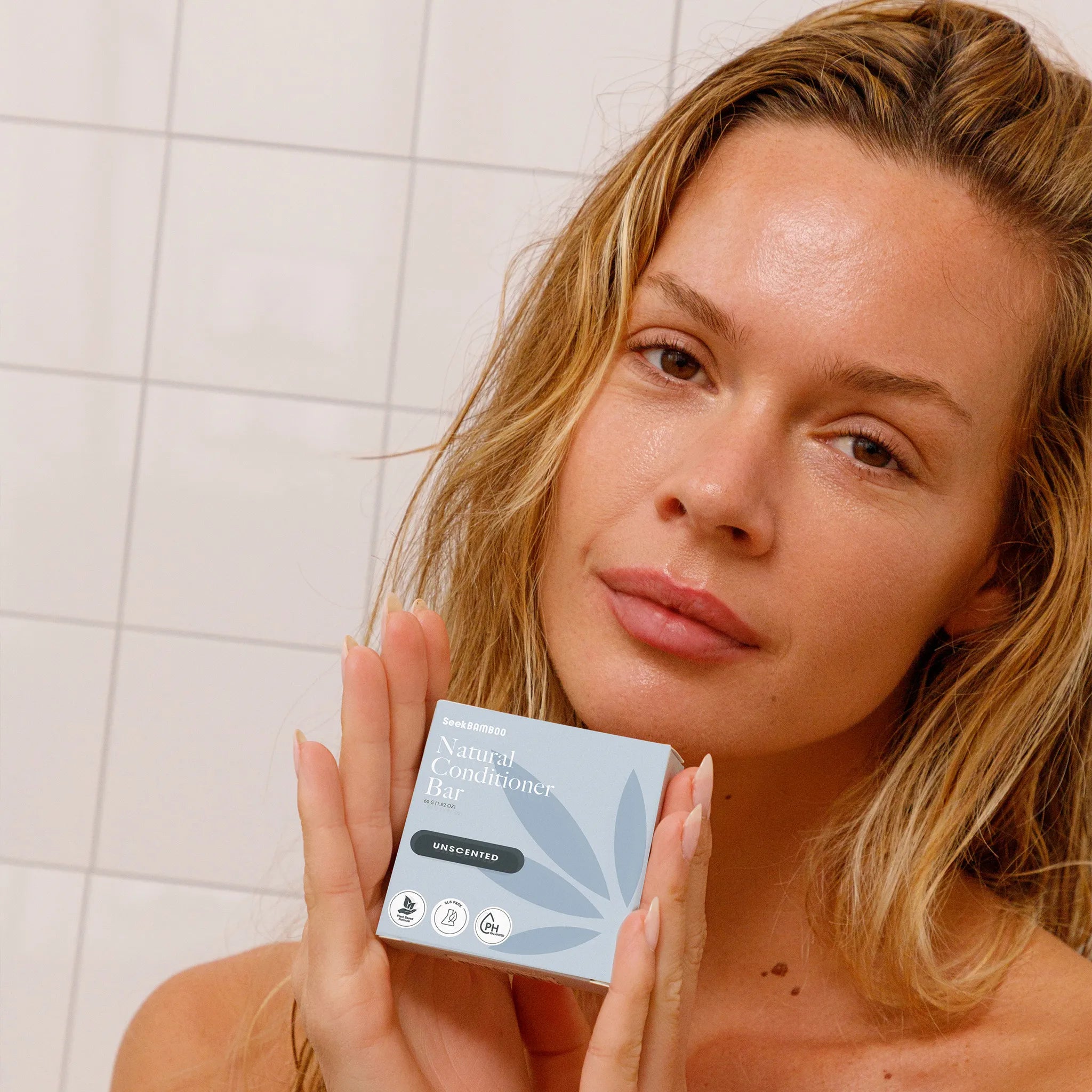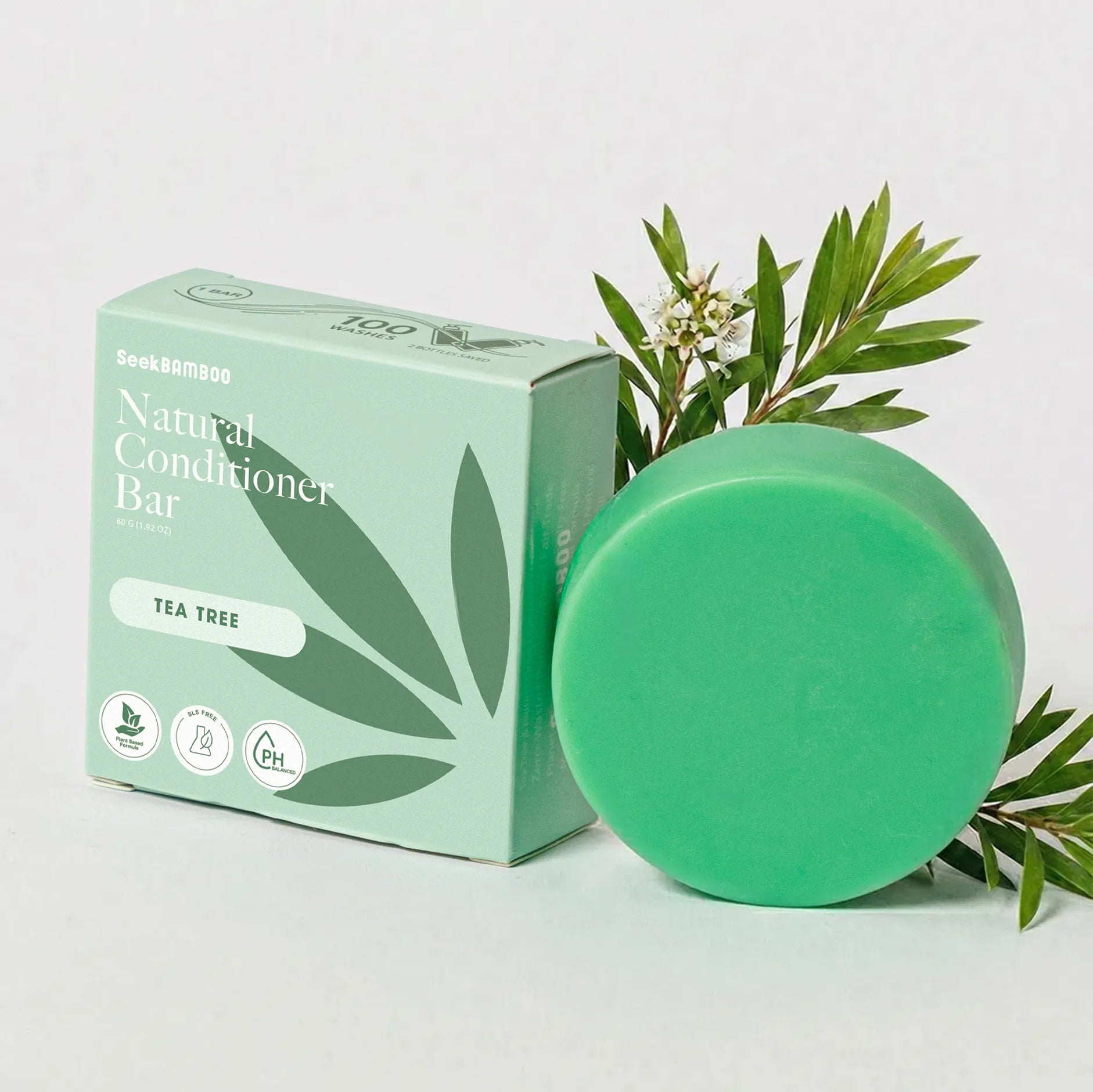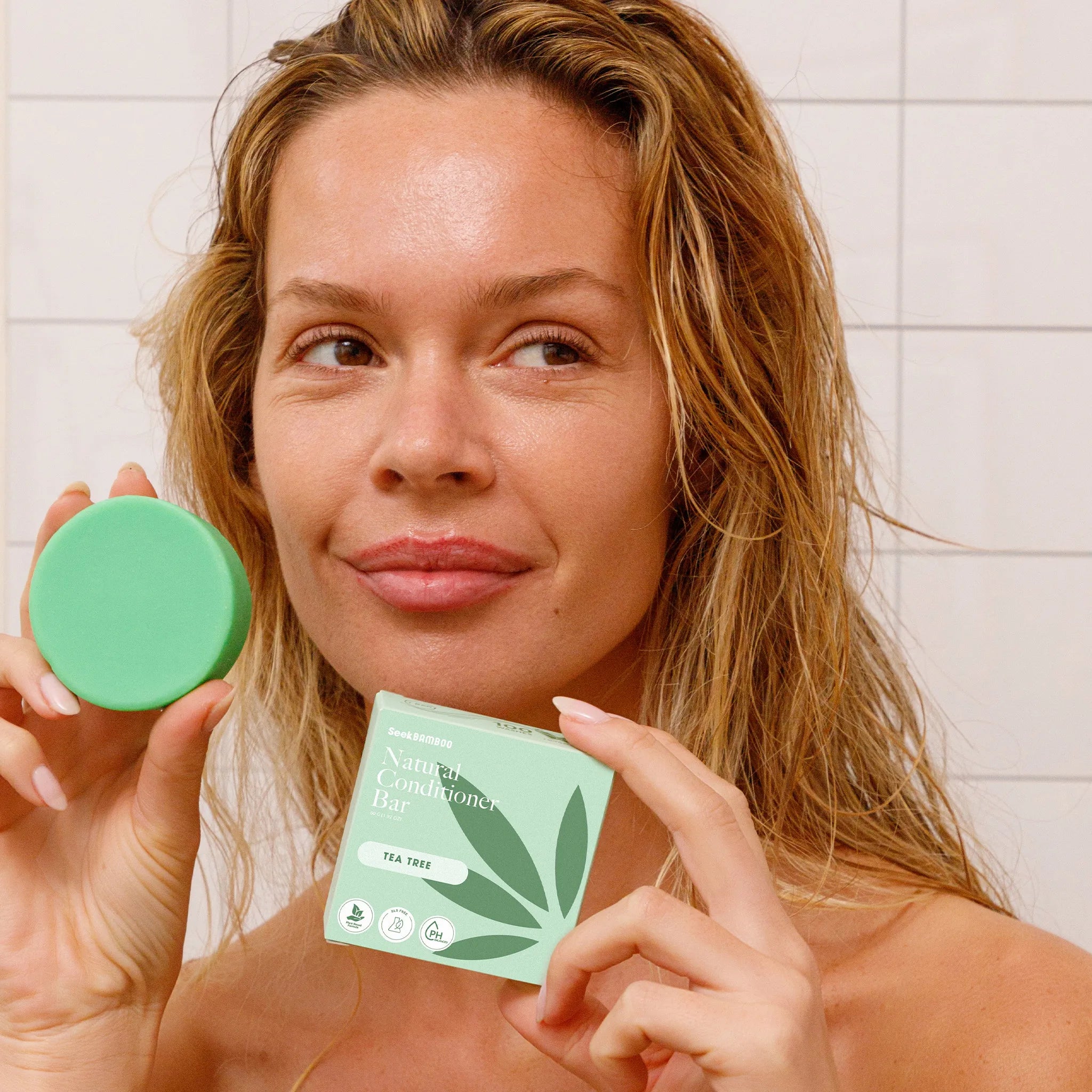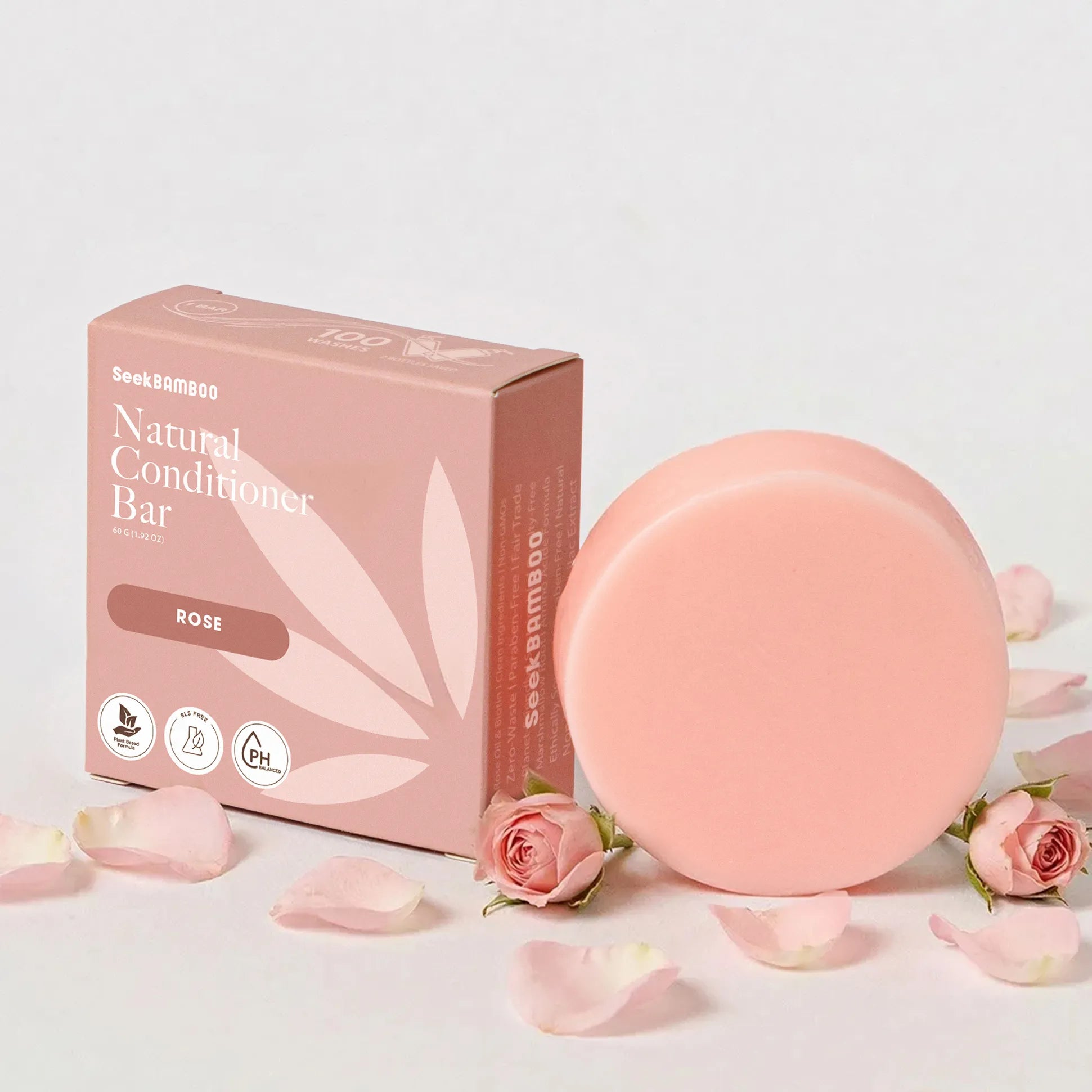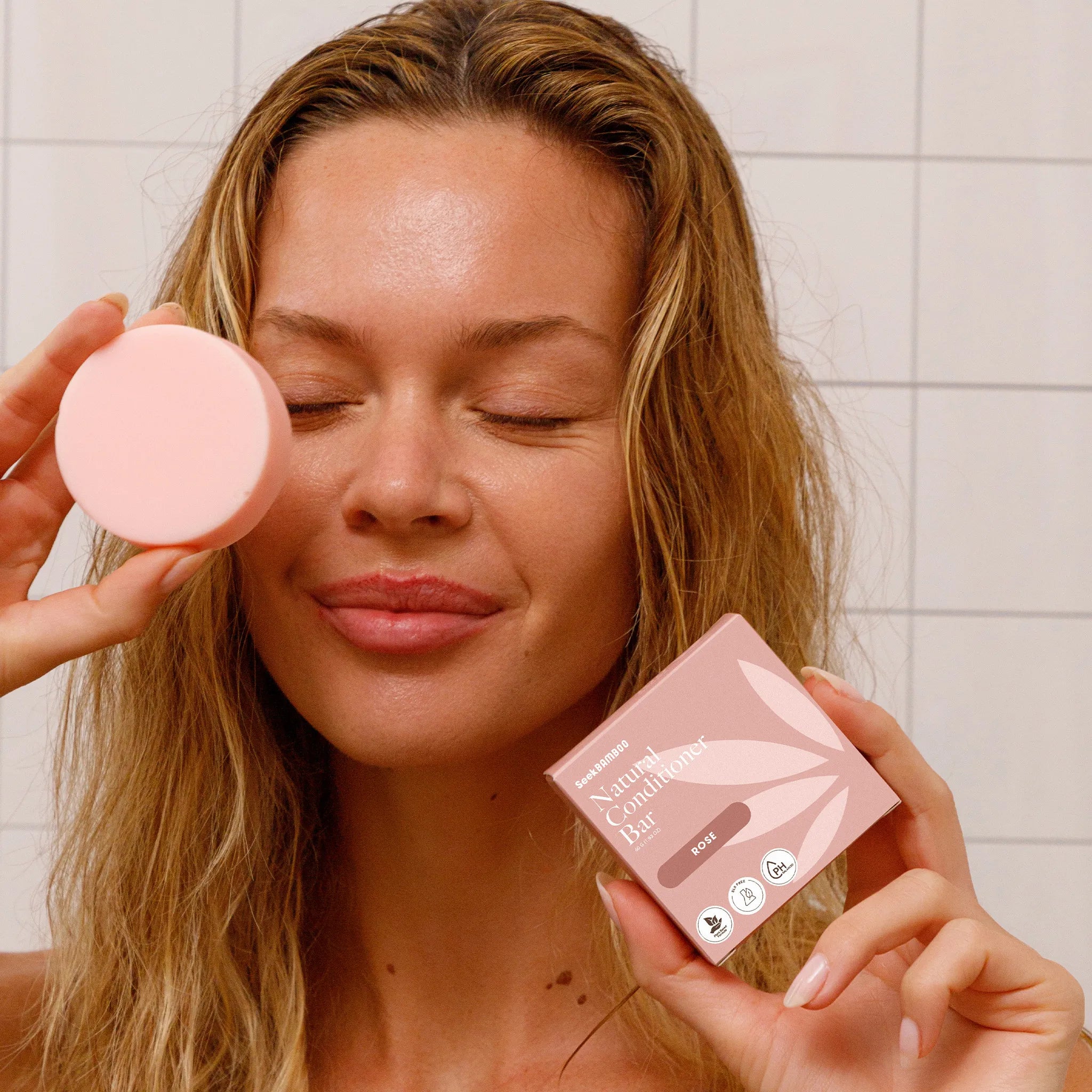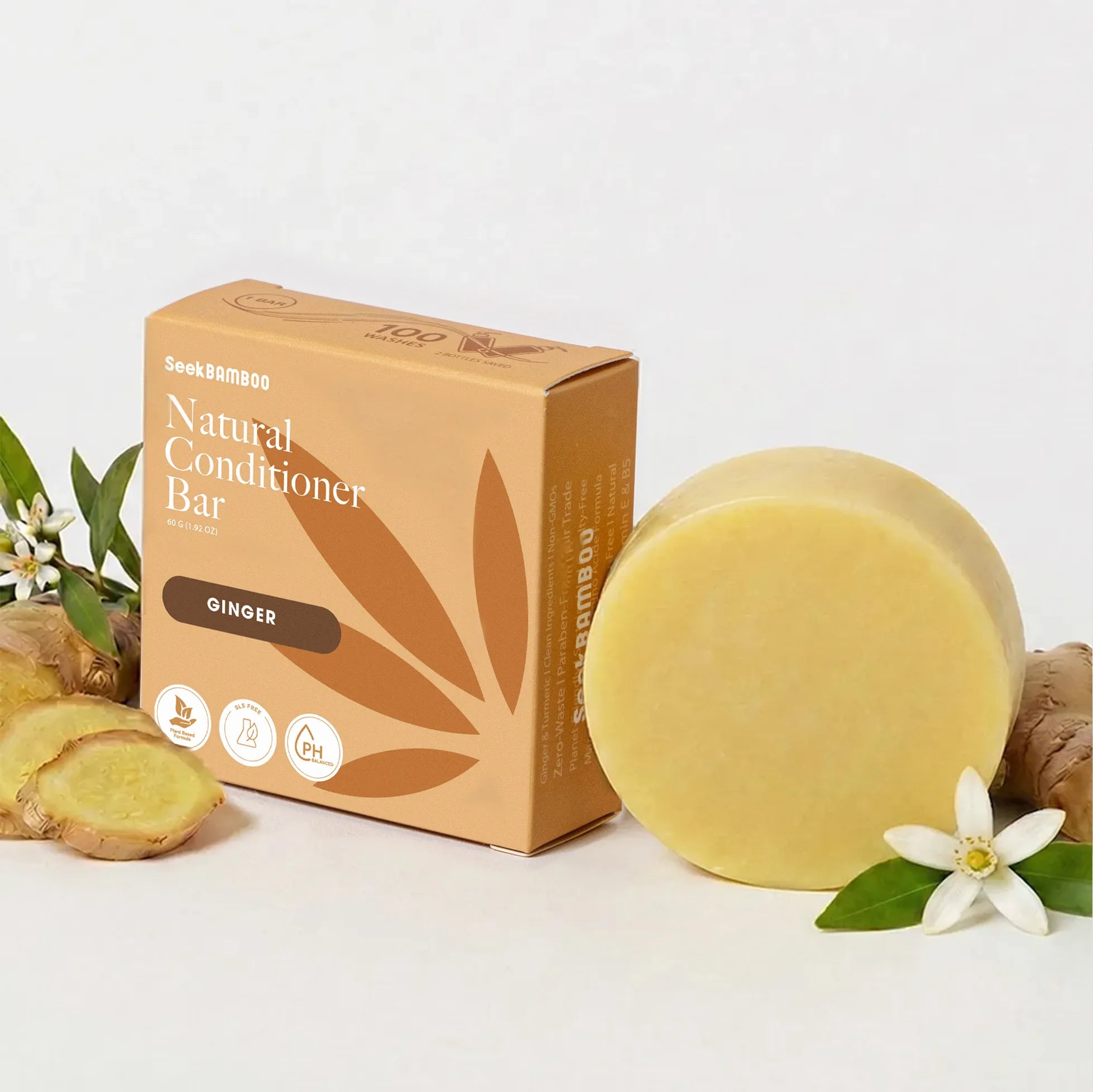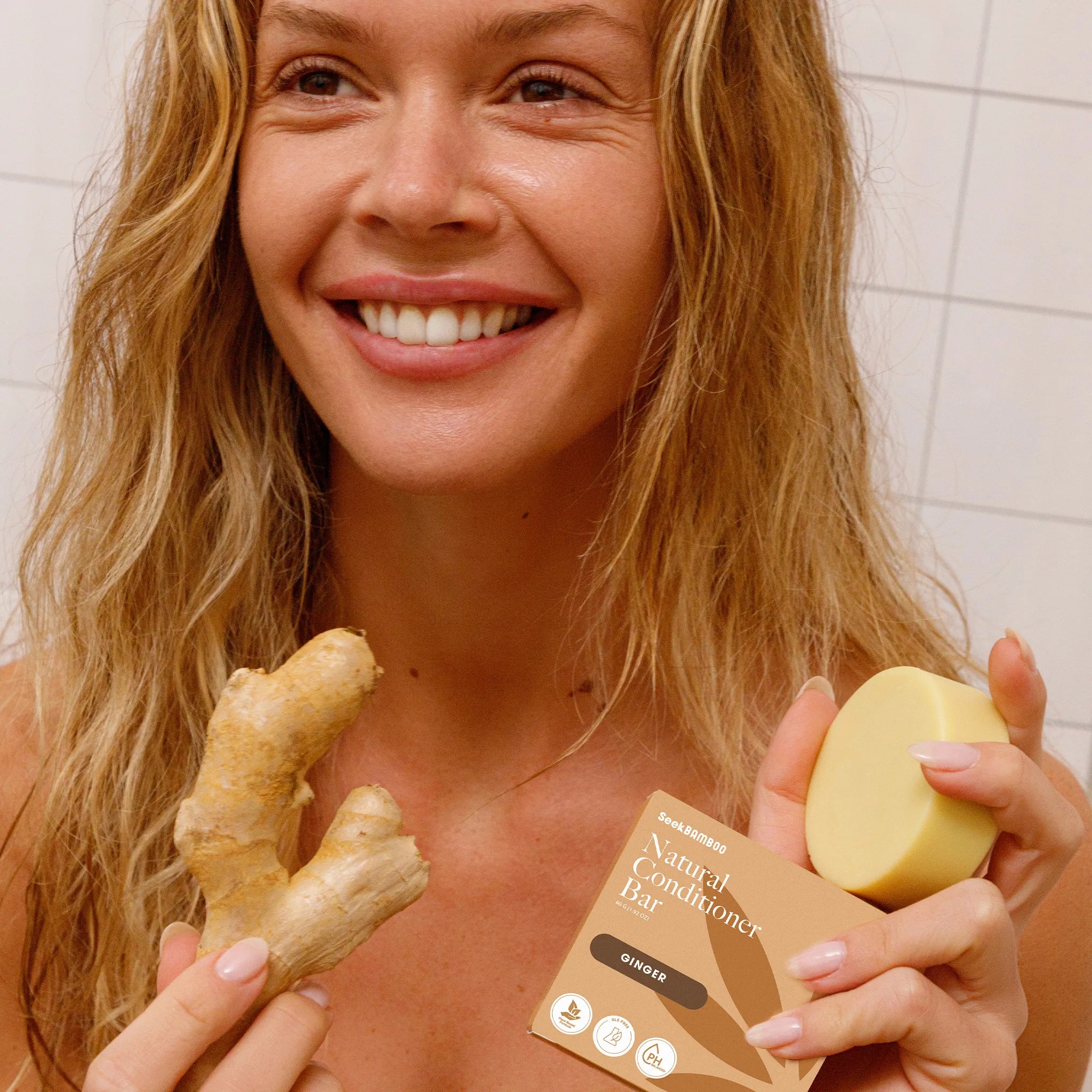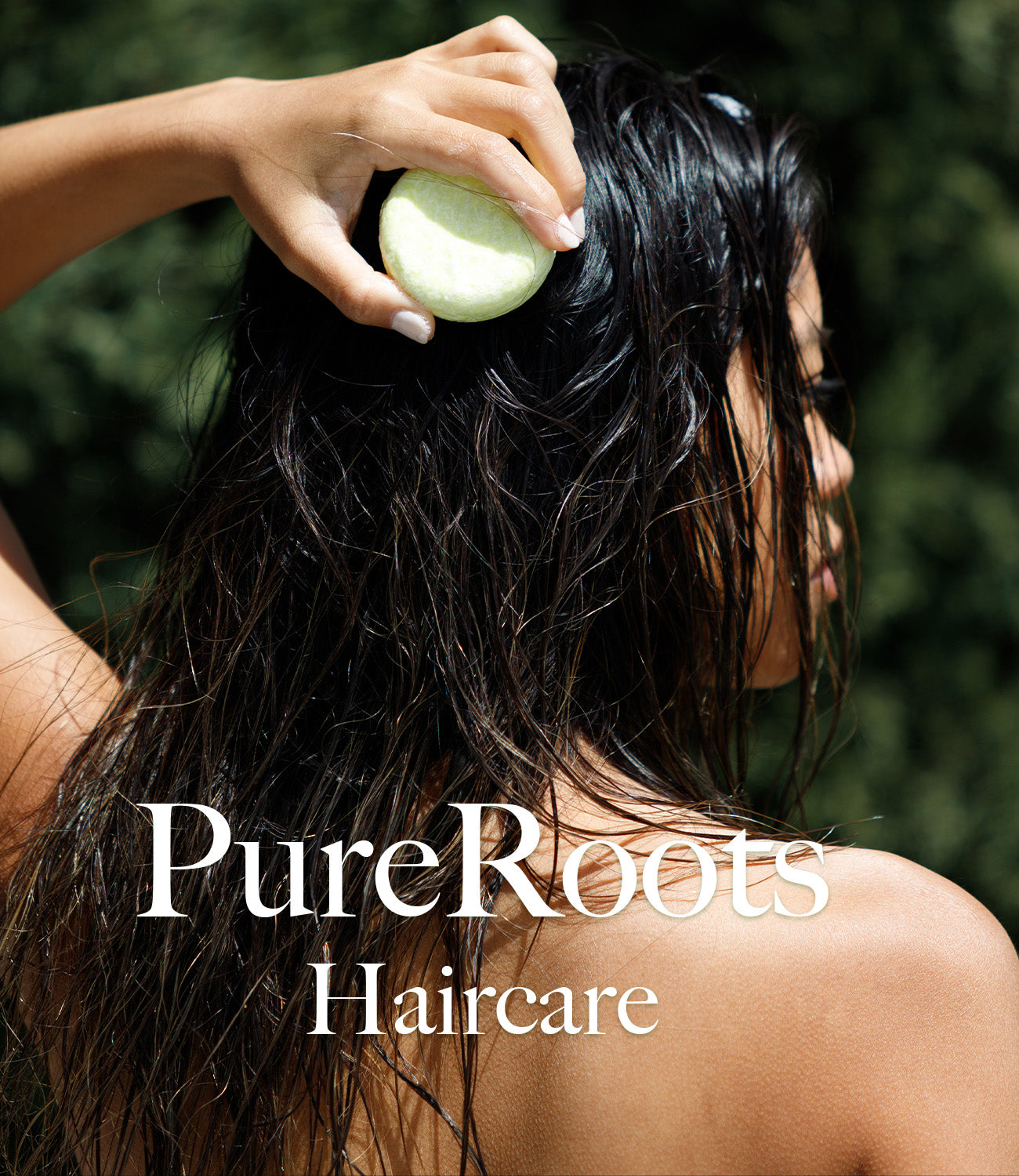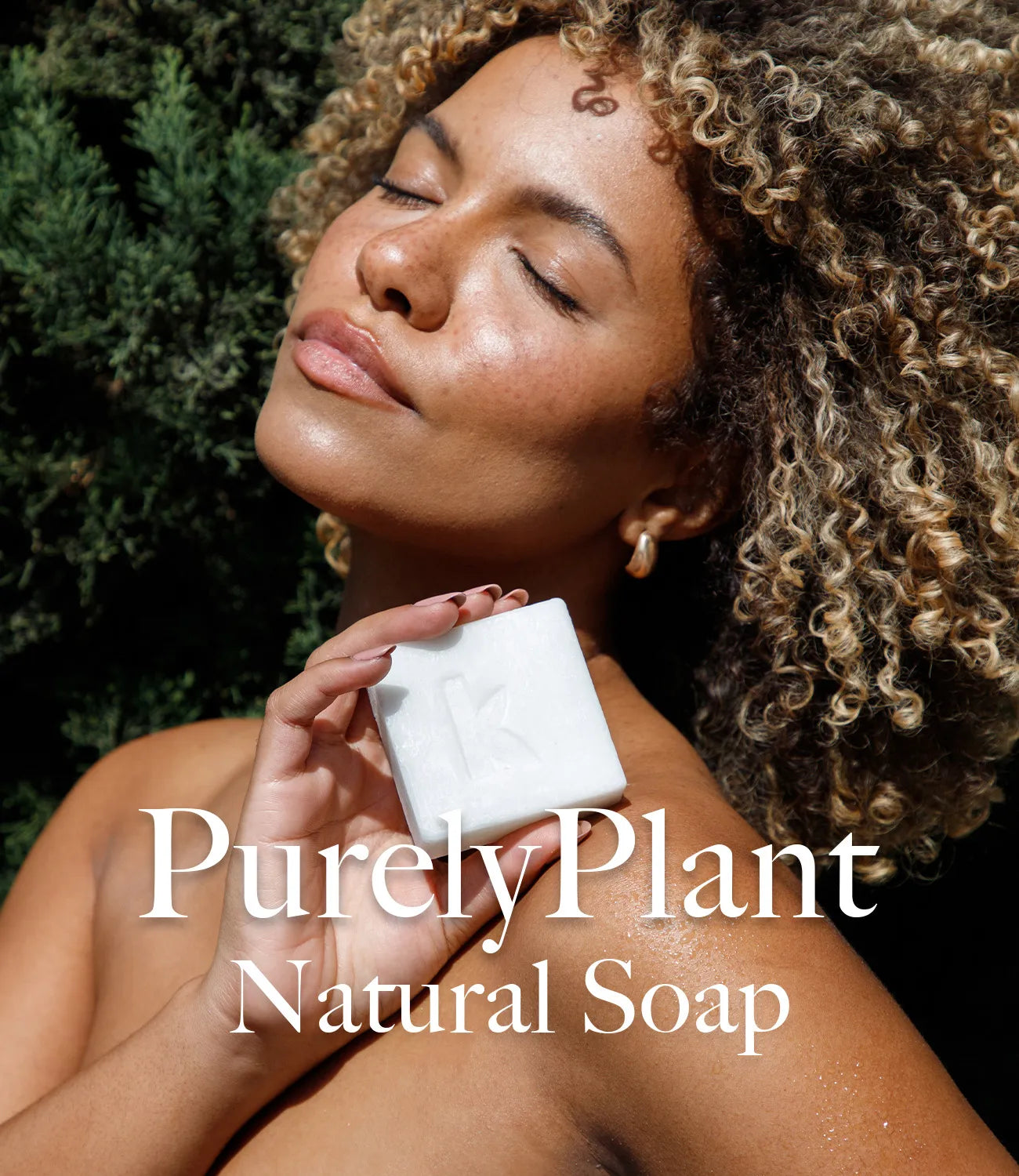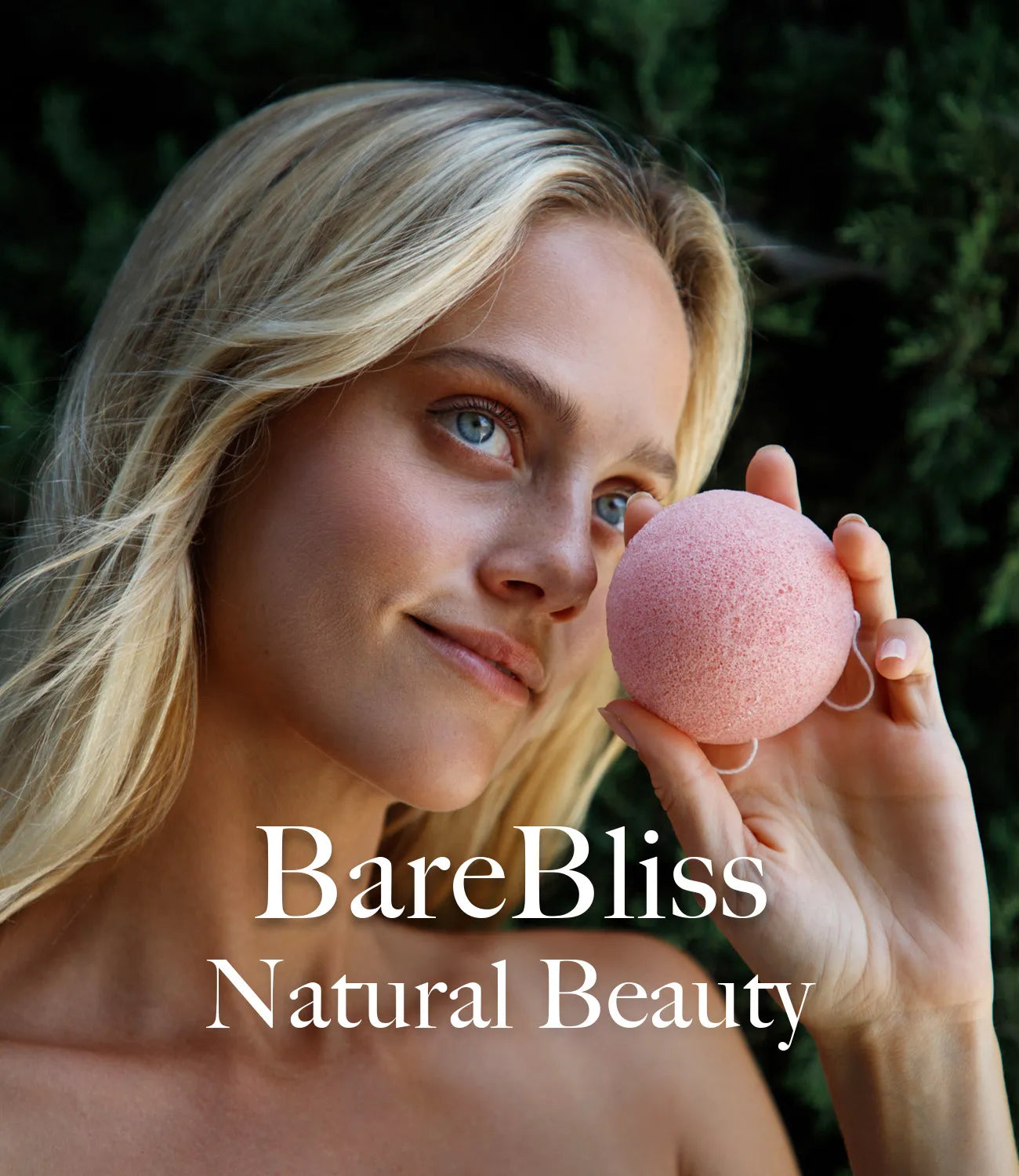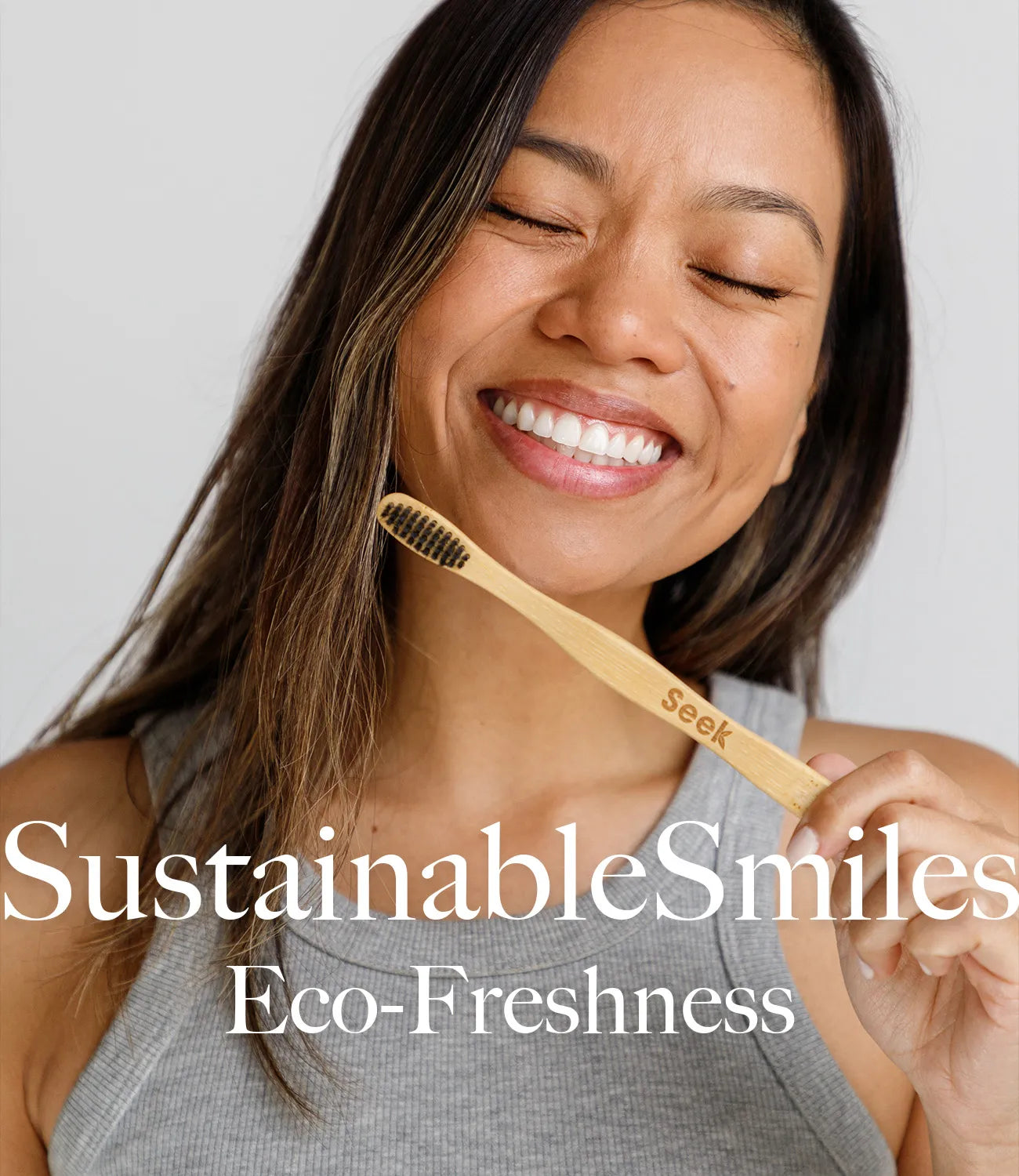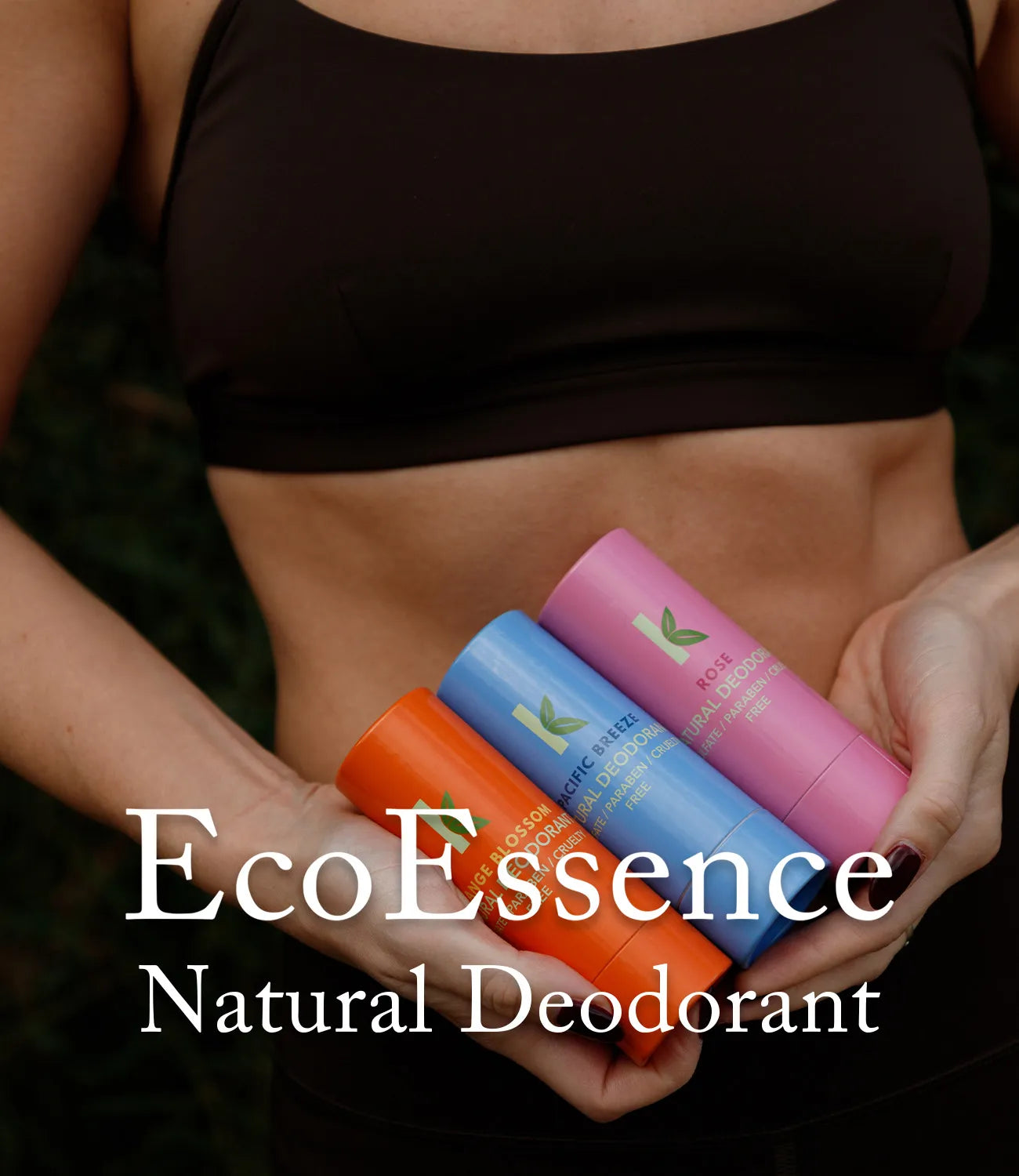Is Argan Oil Good For Hair?
Argan oil, often referred to as “liquid gold,” is a luxurious and highly sought-after oil that has been used for centuries for its nourishing and beautifying properties. Extracted from the kernels of the argan tree (Argania spinosa), which is native to Morocco, argan oil is celebrated not only for its versatility but also for its rich content of beneficial nutrients.
The Origins of Argan Oil
The argan tree is indigenous to the semi-desert region of southwestern Morocco, where it has been a vital part of the local culture and economy for generations. The extraction of argan oil is a labor-intensive process that has been traditionally carried out by Berber women in cooperatives. The process involves cracking open the hard shells of the argan nuts to access the kernels inside, which are then cold-pressed to produce the oil.
The ancient practice of extracting and using argan oil is deeply rooted in Moroccan traditions. For centuries, the local people have utilized argan oil not only for culinary purposes but also for its medicinal and cosmetic benefits. Today, argan oil has gained worldwide recognition for its exceptional qualities, making it a staple in many beauty and wellness products.
Why Argan Oil is Called “Liquid Gold”
Argan oil earned the nickname “liquid gold” for good reason. Its vibrant golden color, combined with its luxurious feel and powerful effects, makes it a prized ingredient in skincare and haircare. The oil is rich in essential nutrients that provide a wide range of benefits for both hair and skin.
Vitamins
Argan oil is packed with vitamin E, a potent antioxidant that helps protect and repair the hair and skin from environmental damage. Vitamin E also promotes healthy hair growth and adds a natural shine to the hair.
Antioxidants
In addition to vitamin E, argan oil contains other antioxidants that help neutralize free radicals, which can damage hair cells and lead to premature aging. These antioxidants contribute to the oil’s ability to protect hair from UV damage and pollution.
Fatty Acids
Argan oil is rich in omega-6 and omega-9 fatty acids, which are essential for maintaining the health and integrity of the hair. These fatty acids help to lock in moisture, prevent dryness, and improve the overall elasticity and strength of the hair.
The combination of these nutrients makes argan oil a powerful and versatile natural remedy for a variety of hair concerns. Whether you’re dealing with dryness, frizz, or damage from heat styling, argan oil offers a natural solution that nourishes and revitalizes your hair from the inside out.
In the sections that follow, we’ll delve deeper into the specific benefits of argan oil for hair, exploring how this “liquid gold” can transform your haircare routine and help you achieve the healthy, beautiful hair you’ve always desired.
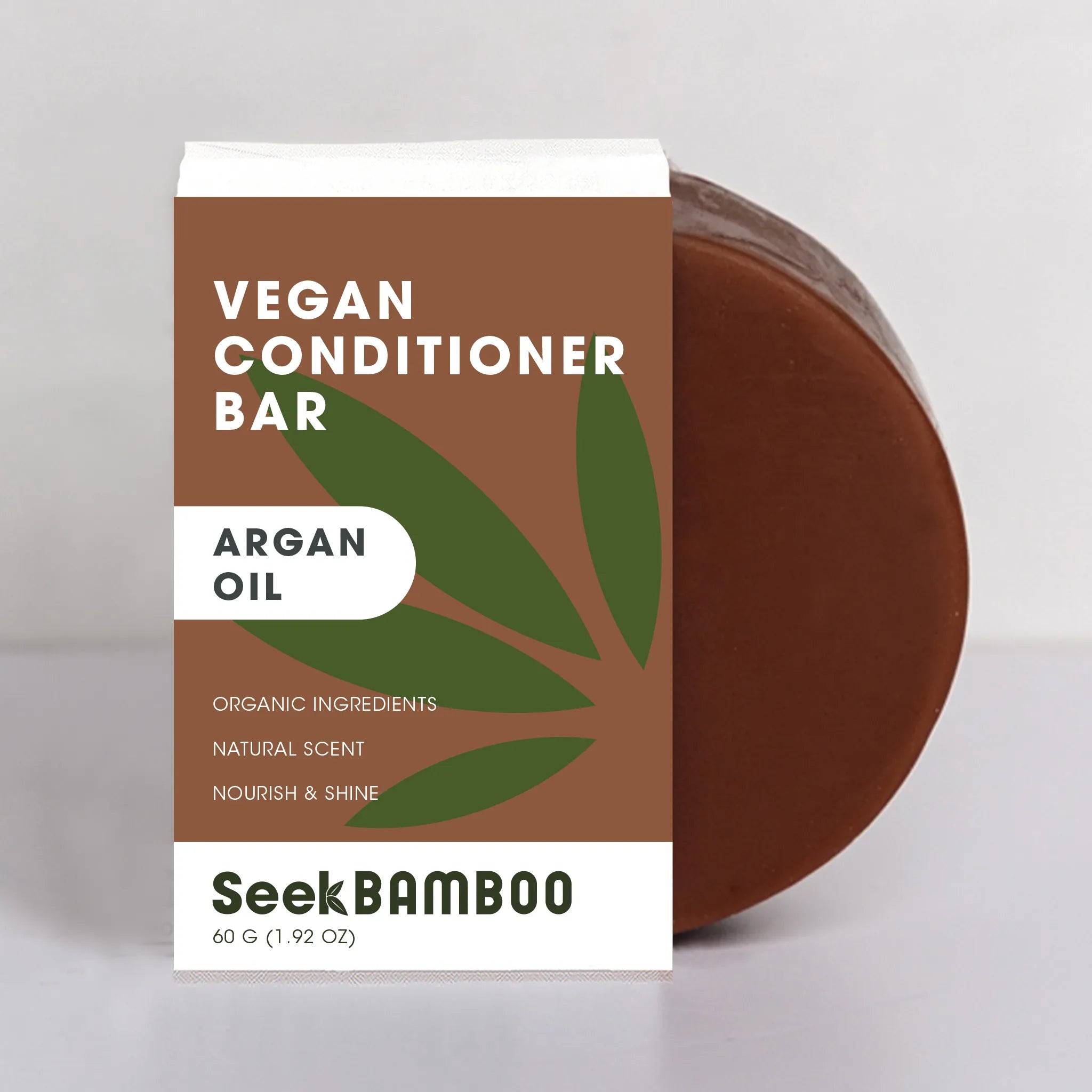
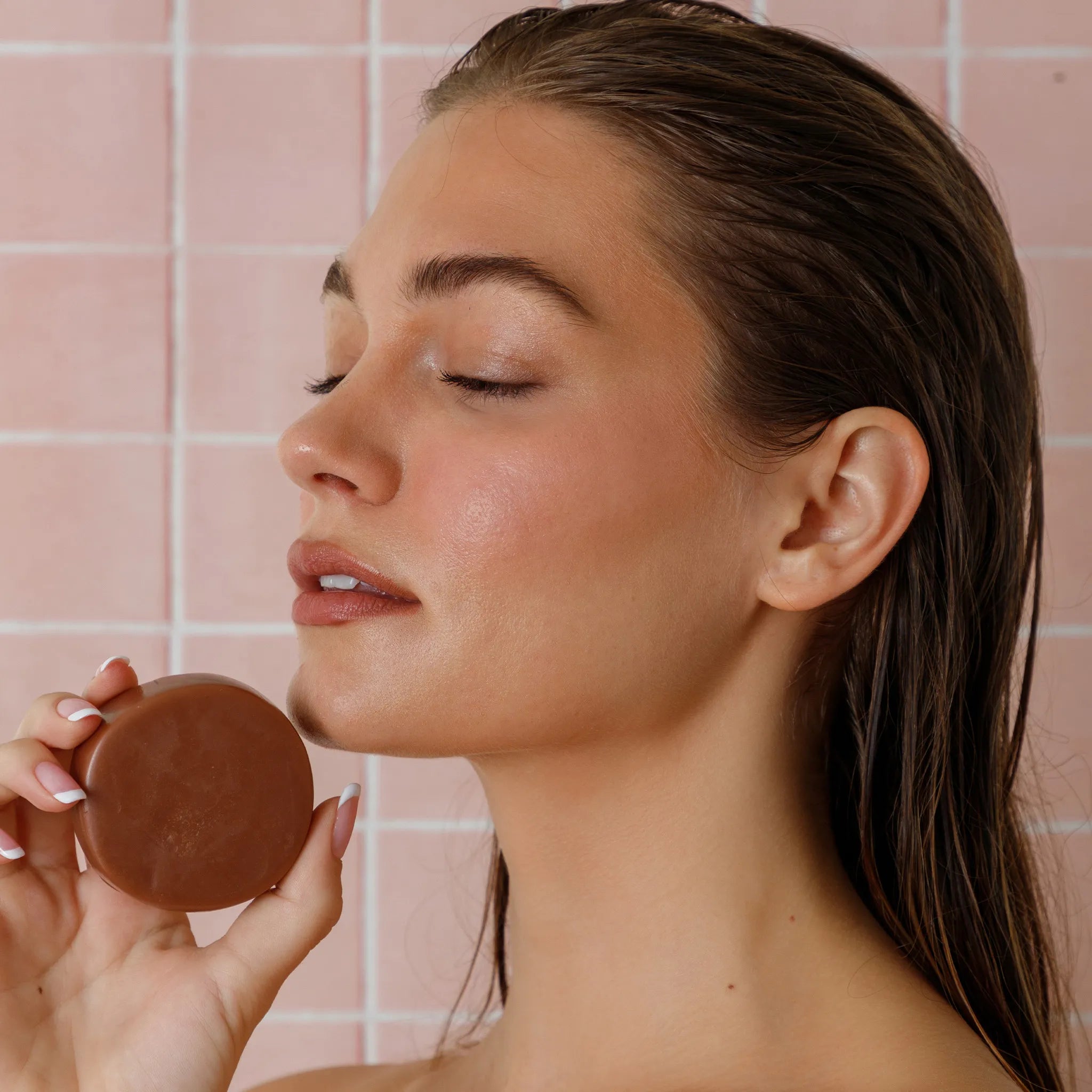


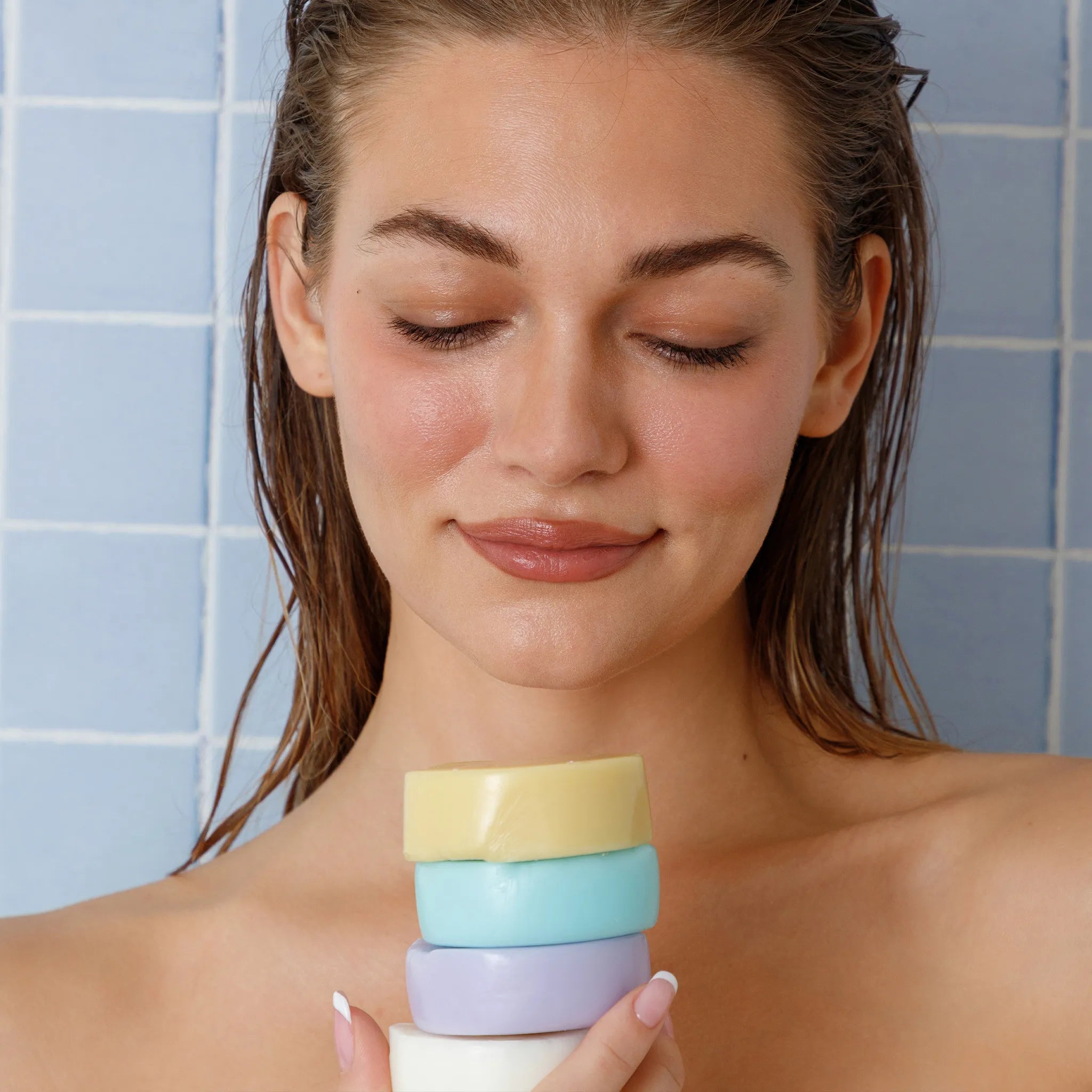
Description
✓ Argan oil nourishes and smooths, taming frizz and boosting shine for effortlessly soft hair
✓ Rich in essential fatty acids, argan oil helps restore moisture and strengthen strands for healthier-looking hair
✓ Free of sulfates, palm oil, parabens, dyes, & synthetic fragrances
✓ Compact 60g size lasts 50-70 uses, replacing up to 3 plastic bottles of conditioner
✓ Plastic-free and eco-friendly packaging, making it a sustainable choice for both your hair and the planet
Moisturizing Properties of Argan Oil
One of the most celebrated benefits of argan oil is its exceptional ability to deeply moisturize and nourish the hair. Whether you’re dealing with dryness, frizz, or split ends, argan oil offers a natural and effective solution that can transform the look and feel of your hair.
Deep Moisturization for Dry Hair
Argan oil is rich in essential fatty acids, particularly omega-6 and omega-9, which are known for their ability to penetrate the hair shaft and provide deep hydration. Unlike many synthetic moisturizers that simply coat the surface of the hair, argan oil works from within, delivering moisture directly to where it’s needed most.
Restores Moisture Balance
Dry hair often lacks the necessary moisture to maintain its softness and elasticity. Argan oil’s unique composition helps to restore the natural moisture balance in the hair, leaving it feeling soft, supple, and revitalized.
Prevents Moisture Loss
In addition to adding moisture, argan oil also creates a protective barrier around the hair shaft, helping to seal in hydration and prevent moisture loss. This is especially important for those with dry or damaged hair, as it helps to keep the hair hydrated throughout the day.
Taming Frizz and Smoothing Hair
Frizz is a common issue for many people, particularly those with dry or curly hair. Frizz occurs when the hair’s cuticle layer is raised, allowing moisture to enter and swell the hair shaft. Argan oil’s moisturizing properties help to smooth the cuticle, reducing frizz and leaving the hair looking sleek and polished.
Controls Frizz
By deeply moisturizing the hair and smoothing the cuticle, argan oil helps to control frizz, even in humid conditions. The result is smoother, more manageable hair that stays frizz-free throughout the day.
Adds Shine
In addition to taming frizz, argan oil imparts a natural shine to the hair, enhancing its overall appearance. The oil’s lightweight texture ensures that it doesn’t weigh down the hair, making it ideal for adding a glossy finish without any greasiness.
Repairing and Preventing Split Ends
Split ends are a common sign of hair damage, often caused by excessive heat styling, chemical treatments, or environmental exposure. Argan oil’s rich nutrient content makes it an excellent remedy for repairing and preventing split ends.
Strengthens Hair
The vitamin E and fatty acids in argan oil work together to strengthen the hair, making it more resilient to damage. This not only helps to repair existing split ends but also prevents new ones from forming.
Seals Split Ends
When applied to the ends of the hair, argan oil helps to seal split ends temporarily, giving the appearance of healthier, more intact hair. While it’s not a permanent solution, regular use of argan oil can significantly improve the condition of your hair and reduce the need for frequent trims.
Particularly Beneficial for Dry or Damaged Hair
While argan oil is beneficial for all hair types, it is particularly advantageous for those with dry, damaged, or chemically treated hair. The intense moisturizing properties of argan oil make it a powerful ally in restoring the health and vitality of hair that has been compromised by heat, color treatments, or environmental factors.
Revitalizes Damaged Hair
For hair that has been weakened by styling or chemical treatments, argan oil provides the essential nutrients needed to repair and rejuvenate. It helps to restore softness, elasticity, and strength, making the hair look and feel healthier.
Soothes the Scalp
Argan oil’s moisturizing properties also extend to the scalp, where it can help to soothe dryness and irritation. A healthy scalp is the foundation for healthy hair, and regular use of argan oil can promote a balanced, nourished scalp environment.
The moisturizing properties of argan oil make it an invaluable addition to any hair care routine, especially for those struggling with dryness, frizz, or split ends. Its ability to deeply hydrate and nourish the hair, combined with its protective and restorative effects, ensures that your hair remains soft, shiny, and healthy. Whether used as a daily moisturizer, a leave-in treatment, or a deep conditioning mask, argan oil offers a natural solution for achieving beautifully moisturized hair.
Argan Oil For Hair Benefits FAQ
Learn More About The Advantages Of Argan Oil For Hair
What is argan oil, and why is it beneficial for hair?
Argan oil, often referred to as "liquid gold," is extracted from the kernels of the argan tree, native to Morocco. It's rich in essential fatty acids, vitamin E, and antioxidants. These components nourish and hydrate the hair, helping to repair damage, reduce frizz, and promote healthy hair growth. The oil's moisturizing properties make it particularly beneficial for dry, brittle, or damaged hair.
Can argan oil help with hair growth?
Yes, argan oil can promote healthier hair growth by improving scalp health and reducing hair breakage. The vitamin E in argan oil boosts cell production and encourages the growth of strong, healthy hair. While it won't directly increase hair length overnight, consistent use can result in thicker, fuller hair over time by reducing breakage and improving hair elasticity.
Is argan oil suitable for all hair types?
Argan oil is versatile and works well for most hair types. It’s particularly beneficial for dry, damaged, or frizzy hair. Those with fine hair should use it sparingly to avoid weighing down their hair, while people with thick or curly hair can use it more liberally. Its non-greasy texture makes it suitable even for oily hair types when used in moderation.
Can argan oil repair split ends?
While argan oil can’t "repair" split ends, it can help prevent further damage and make them less noticeable. By smoothing the hair cuticle and adding moisture, argan oil reduces the appearance of split ends, giving your hair a healthier look and feel. Regular use can also help prevent split ends from forming by strengthening the hair shaft.
Does argan oil protect hair from heat damage?
Yes, argan oil can act as a natural heat protectant. The fatty acids in the oil coat the hair, forming a protective barrier that shields it from the damaging effects of heat styling tools like blow dryers, curling irons, and straighteners. To use as a heat protectant, apply a small amount of argan oil to your hair before styling.
How often should I use argan oil on my hair?
The frequency of use depends on your hair type and needs. For dry or damaged hair, you can use argan oil 2-3 times a week, either as a leave-in conditioner or treatment mask. For those with normal to oily hair, once a week or as needed to control frizz and add shine is usually sufficient. Always adjust the amount and frequency based on how your hair responds.
Can argan oil help with dandruff and scalp issues?
Yes, argan oil’s anti-inflammatory and moisturizing properties make it effective for soothing the scalp and reducing dandruff. Regular application can help combat dryness and flakiness, and its antifungal properties can also address the yeast that often causes dandruff. Massage a small amount into your scalp, leave it on for at least 30 minutes, then wash it out.
Is it okay to use argan oil on colored or chemically treated hair?
Absolutely. Argan oil is gentle and nourishing, making it ideal for color-treated or chemically processed hair. It helps restore moisture and shine, which can be lost during coloring or chemical treatments. Additionally, it can help prolong the vibrancy of your hair color by reducing fading and preventing further damage.
How does argan oil compare to other hair oils, like coconut oil or jojoba oil?
Argan oil is lighter than many other oils, such as coconut oil, making it more suitable for fine or easily weighed-down hair. It’s also richer in vitamin E and antioxidants compared to jojoba oil, which closely mimics the scalp’s natural sebum. While all these oils have unique benefits, argan oil is particularly prized for its non-greasy texture, quick absorption, and intense moisturizing properties, making it a go-to for a wide range of hair concerns.


